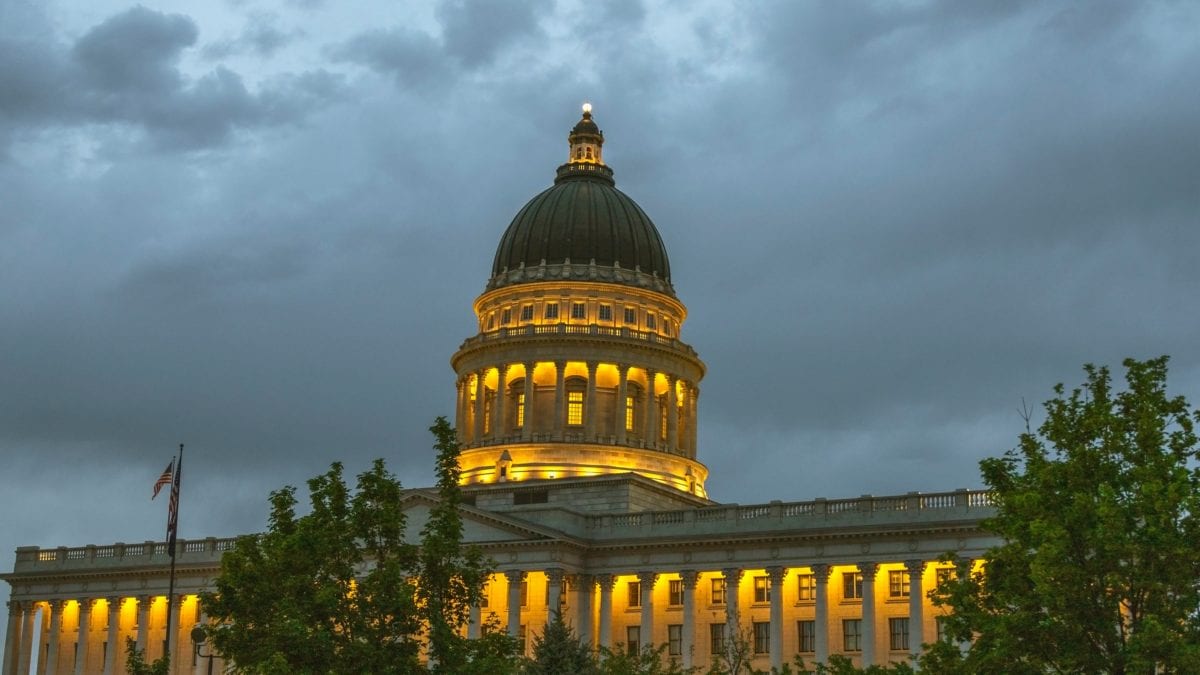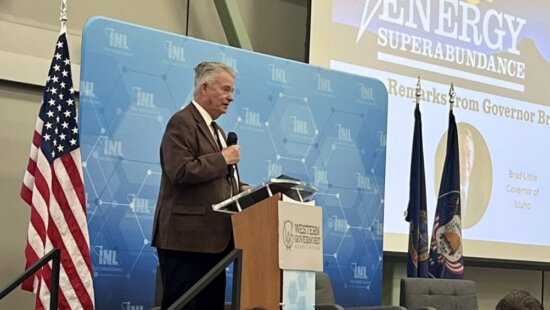Politics
Governor Cox, State Legislature release revenue estimates for 2024-2025

The Utah State Capitol. Photo: Dustin Humes
SALT LAKE CITY – The Utah state Legislature and Gov. Spencer Cox recently released updated budget and revenue estimates for fiscal year 2024 through 2025.
Legislators will work to finalize the budget over the next few weeks before the legislative session adjourns on March 1.
The Legislature passed a base budget in late January, which added up to roughly $28 billion. The updated revenue estimates allow the Legislature to begin supplementing the original budget.
Lawmakers caution about a reduced budget compared to previous years, despite the Legislature actively gearing up for another tax reduction. In December, they allocated $160 million to account for anticipated decreases in tax revenue.
The proposed tax cuts, SB 69, will drop state income tax levels for individuals and corporations from 4.65% to 4.55%. The bill has already passed in the Senate and is awaiting a vote in the House.
Utah’s Constitution divides the state budget into distinct components, allocating funds for public and higher education, social services, and other expenditures using revenue generated from personal and corporate income taxes. Meanwhile, the remainder of the budget is supported by revenue derived from sales and gas taxes, meaning any income tax cuts will reduce the amount of funding available for education or social services.
“With steady job growth, low unemployment, increasing consumer confidence and our fiscal prudence, Utah’s economy is well positioned to be as strong as ever,” Cox said. “We’re encouraged by these revenue numbers, and we will continue to strike the right balance between fiscal responsibility and meeting the needs of Utahns.”
In 2023, lawmakers discussed the possibility of eliminating sales tax on food, contingent upon a modification to the state Constitution permitting the allocation of income taxes for varied objectives.
The suggested constitutional amendment is set to appear on the November ballot, and if approved, the Legislature will gain the authority to allocate income taxes for diverse purposes. This can be done once a comprehensive plan for public education, utilizing future revenue growth to address inflationary expenses and accommodate increases in student enrollment, is established. Additionally, a reserve will be created to address any potential future deficits.
“Utah is the best-managed state in the nation because of the legacy and foresight of fiscally responsible planning and policies,” said Senate President J. Stuart Adams.
“We have demonstrated it is possible to provide for current needs while laying the groundwork for growth and preparing for future generations while providing tax relief for Utahns. We remained committed to prudent financial management that puts Utahns first, ensuring long-term economic stability and resilience for our state and citizens.”
The revised 2024-2025 budget and revenue estimates have decreased from initial projections, projecting a decreased $136 million in the state’s general fund, which is mainly composed of collected sales taxes, while income tax collection projections have increased.
“Utah’s economy remains strong and promising,” said Speaker Mike Schultz. “We’re experiencing a return to a more normal, balanced economy and will continue to make strategic and impactful investments in education, water, transportation, affordable housing, and other areas while also providing another tax cut to benefit the hardworking people of Utah.”



















